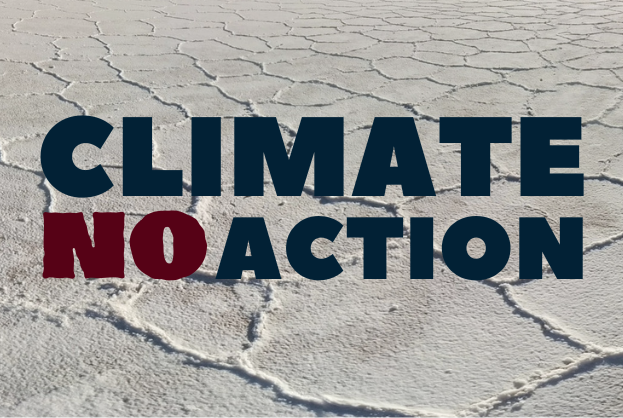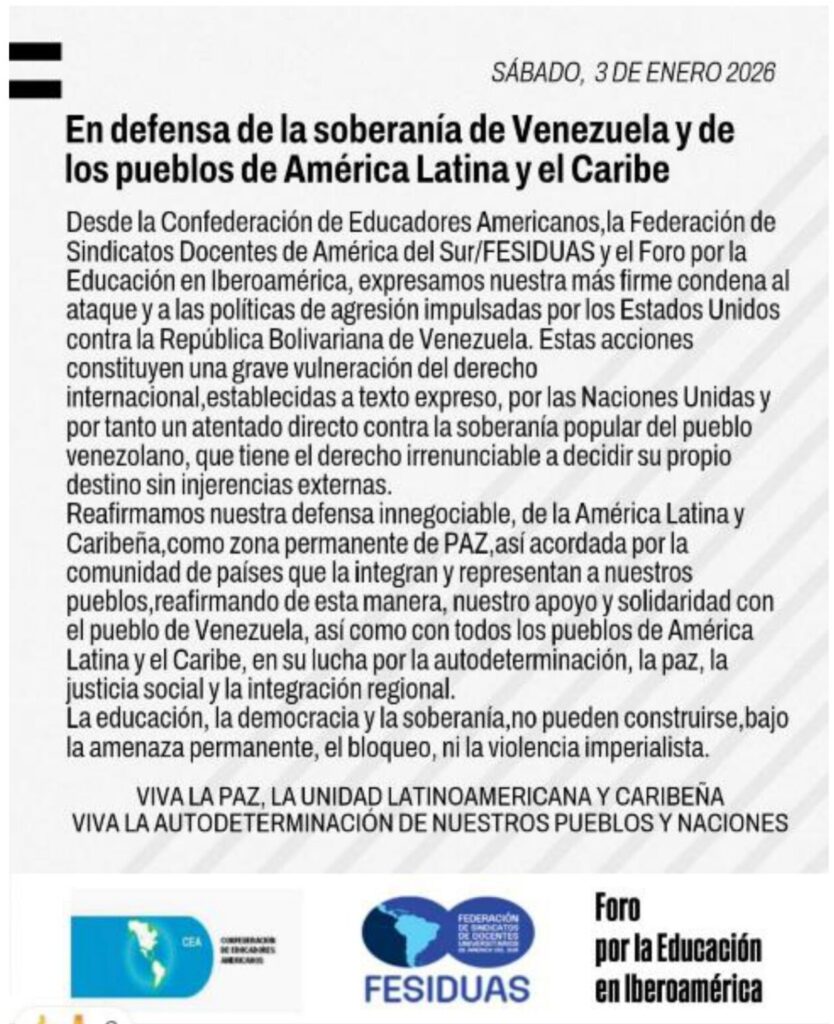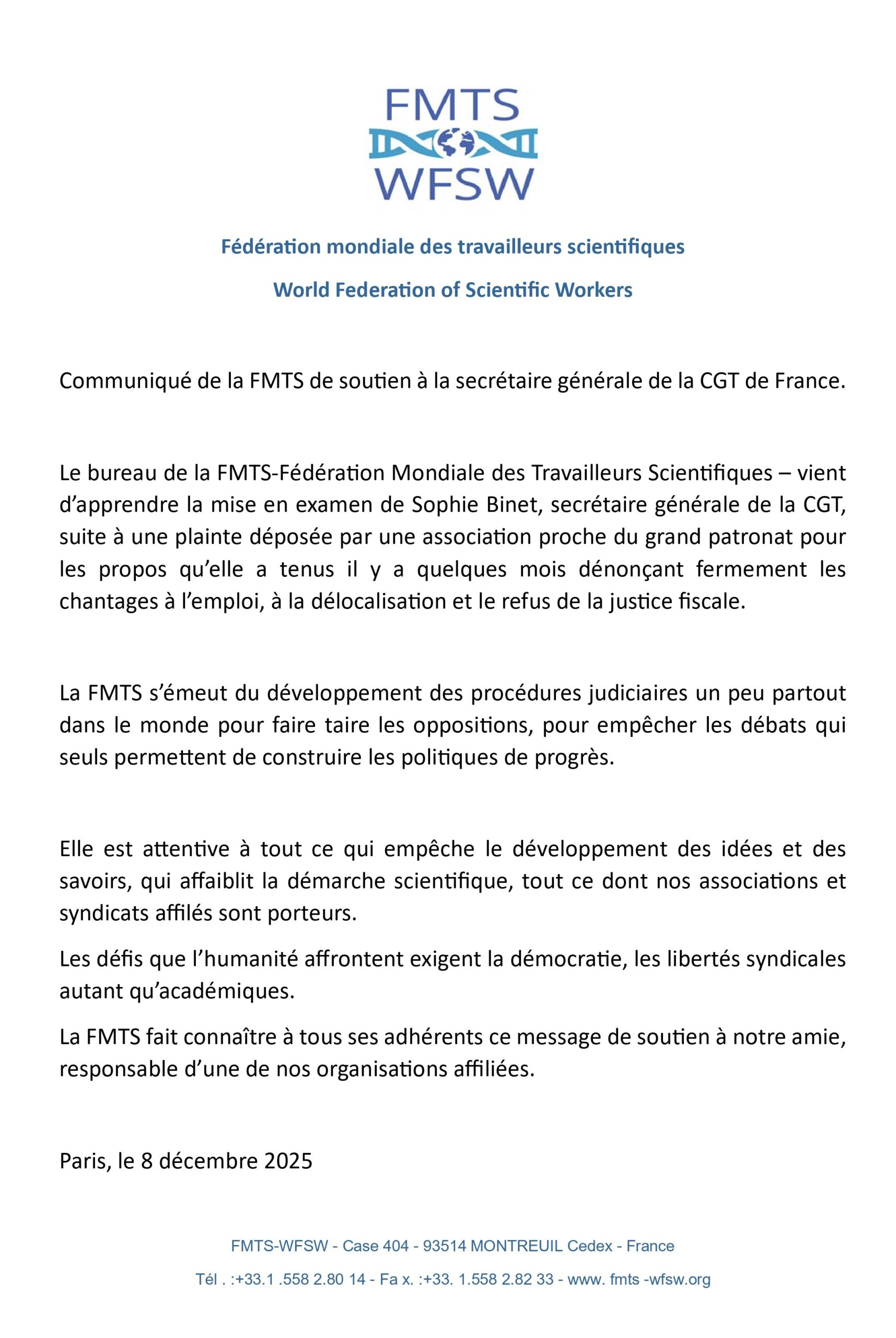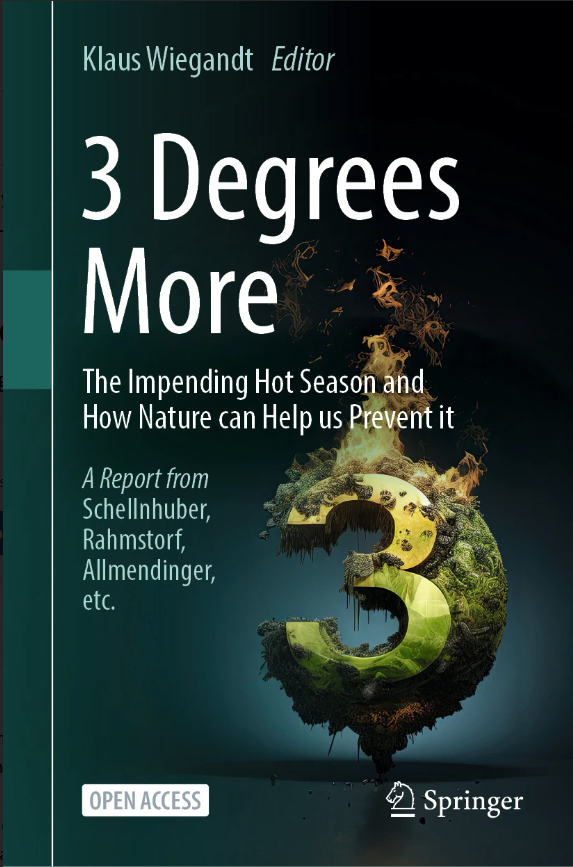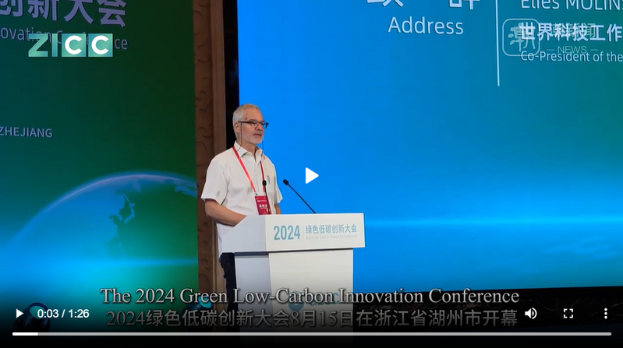Statement of the WFSW after the COP 28

Statement of the WFSW after the COP 28
In its statement at the beginning of the Conference of the Parties on Climate (COP28), held in the United Arab Emirates from November 30 to December 12, 2023, the WFSW called for a stronger commitment of all parties involved and a dynamic cooperation inside the global community of scientific researchers in order to effectively address humanity’s major challenges. These include recurring disasters caused by climate change as well as the threat of widespread wars.
Achieving these goals requires:
- adopting a coordinated approach to combat climate change, desertification, and biodiversity loss;
- responding urgently to move away from fossil fuels, increase the use of renewable energies, and
providing adequate supply of water to all populations; - reducing and better controlling mining operations and the exploitation of farmland, forests and
other wooded lands in each country; - responsibly managing the vital resources of the world’s oceans;
- transforming modes of production, consumption, exchange, urbanization, and investment, by saving
physical and biological resources, respecting workers and the populations in general.
The WFSW has decided not to participate in COP 28, with good reason, as has become evident from the context and the meagre results of the great “show” put up for the event. The COP convened in Dubai, was marked, like COP 27, by the impossibility of a public, non-governmental expression of the claims and recommendations of civil society – of which scientific researchers are an integral part – regarding the fight against climate change. However, it is imperative to take into account the positions of civil society so as to
influence the orientations of many states, primarily the industrialized ones, and the stance of major fossil fuel companies concerning the effective phasing out of fossil energy sources by the main economies.
In practice, while the nearly 200 countries present in the UAE did reach an agreement on a ‘transition away
from fossil fuels, tripling renewable energy production capacity, and doubling energy efficiency rates by 2030’, the binding nature of such an agreement was not retained, neither was a timeline for its implementation, apart from the indication of the year 2050 as a vague horizon when the ‘net zero emissions’ goal would be attained. On the other hand, and for the first time in the history of the COPs, it was formally acknowledged that fossil fuels are responsible for 80% of greenhouse gas emissions. Anyhow, a quarter of a century from now, the devastating effects of climate change will have darkened all prospects of improved living conditions, especially in developing countries lacking the necessary funds, technical capacities and adequate infrastructures.
Another important element of recurring failure of successive COPs is the question of financing both the process of phasing out fossil fuels, as well as credible solutions for capturing and storing fossil waste as well as aid to countries vulnerable to a phenomenon for which they are only marginally responsible. It has been postponed to the next COP in 2025 which will be held as a worrying symbol, in another country, a major producer of fossil fuels, Azerbaijan.
Therefore, the so-called “transition away from fossil fuels” seems more like an electoral political slogan than a statement of an overarching and urgent task to be undertaken. This is where the responsibility of scientific researchers is particularly engaged, that of their institutional or activist representatives including the WFSW with its affiliated associations and personalities. It is our duty, through our training and our multidisciplinary skills, at global level, to influence decision-makers and alert our fellow citizens to the nature and implications for our common future of the dangers of continuing to follow the path traced by the dominant powers of today. The situation requires the drastic and urgent changes that we described in the introduction, on a political and global level of course but also on the level of individual behavior.
WFSW International Secretariat, January 8th, 2024
______________________________
Pdf document (English – French): 240129 COP28_Dubai_EN_FR
Portuguese version: https://otc.pt/wp/2024/03/05/Declaração da FMTC após COP-28/

